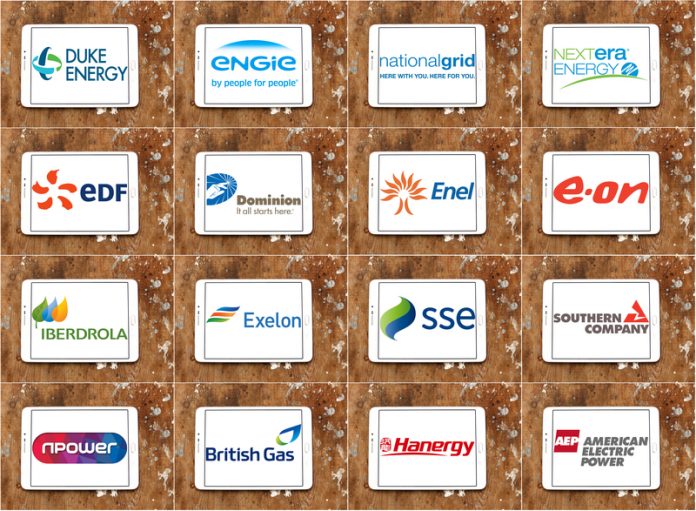The public utility space is a competitive one, and as this competition continues to increase, Power and Utilities providers are increasingly investing sizeable amounts in infrastructure projects designed to expand their offering
In 2016 alone, $117 billion was spent on operational improvements according to Deloitte, as customer expectations continue to escalate in an unchanged regulatory environment. This level of spend went towards addressing aging grid hardware, improving physical service delivery features and improving backend technological systems with over 80% of providers embarking on digital improvements. Indeed, governance organisations favour providers who are willing to embrace change and innovation. However, infrastructure changes especially long and neglected ones can take years to complete, so utility companies should look to the implementation of digital technology to yield more immediate and substantive results.
The roll-out of mobile applications implemented by smaller more agile SMEs can enhance almost every area of operations, from customer service, management and fieldwork. The last few years has seen Utility companies dramatically increase in the adoption of mobile apps, culminating in the need for a robust digital strategy in order to inform new ways of working. This has helped transformed business processes, efficiency, and the bottom line whilst delivering a simple, attractive and secure mobile experience.
Consumers have fast-paced lifestyles and no longer want to deal with physical paper statements and engaged phone line. They require only the most advanced digital experience that includes outage viewing and reporting, billing and usage monitoring. Ultimately, being able to provide this leads to both improved consumer satisfaction and increased productivity that only a mobile experience can provide.
Inarguably, this should be no different for businesses. Open Water is the Government scheme originally set-up to open the water retail market for businesses, charity and public sector customers. This has meant that more than 1.2 million eligible businesses and non-household customers in England can now choose their supplier of water and wastewater retail services.
Opening the market to competition has meant that Utility firms have needed to up their game in terms of customer engagement. Most people prefer to communicate with their provider online via their mobile, tablet or desktop. Therefore, by providing a mobile app or desktop portal that makes a difference to service, such as usage updates, billing and even what time an engineer will arrive, will differentiate it from competitors which is vital for consumer retention and securing new business.
Moreover, Utility companies should also use mobile applications to enhance productivity for utility workers. Prior to B2E mobile apps, information was often missing, inaccurate or wrongly correlated over the phone, leaving workers frustrated and unable to complete jobs. By giving field workers the mobile apps they need, they can easily access site information such as infrastructure damage and the tools they might need to fix the issue, through simple and clear navigation that utilises a flexible framework which supports large volumes of informative content. This not only enables them to streamline workflows but it cuts down on the amount of supervision required.
Data synchronicity is also key, and the effective use of mobile apps enables workers to work in areas with little signal or network connectivity allowing them to sync back to their mobile app once back in range.
Utility companies also need to look at user insights in order to craft a mobile solution that creates an effective user experience, encompassing the users’ perceptions and feelings before during and after their interaction with the app. This type of development promotes user engagement which is especially useful when Utility companies come under fire from consumers when something goes wrong. Being able to engage with consumers through mobile app technology is an effective and informative way of bringing previously inaccessible data right into consumer’s hands using a fully responsive solution.
During the development process, there are several avenues Utility companies can explore such as bespoke apps, off-the-shelf or a mixture of both. Strategically, companies need to look at audience profiling, objective setting ahead of app development taking into account competitive analysis and reviewing and measurement.
Through focusing energy on bettering services through mobile application, companies can expand their consumer base by responding to problems faster, improving operational efficiency keeping customers informed and complying with safety and environmental regulations, arming utility workers and consumers with timely and effective data.
Wayne Munday
Non-Exec Director
Rokk Media











